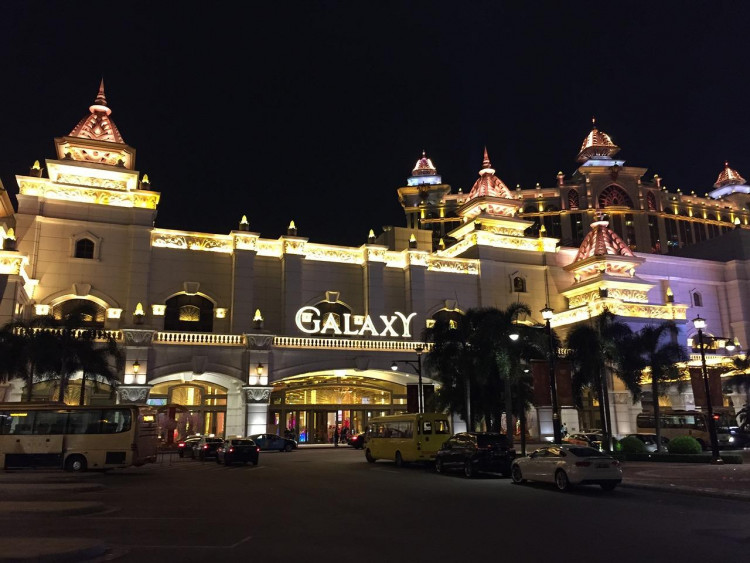Revenues from gambling in Macao dropped 73% year over year in October - expanding the steep pandemic-triggered declines of recent months as tourists to the largest casino capital in the world picked up slightly.
Macao's declines in gambling sales contracted in October, after falling around 90% for six consecutive months, in a sign that China's easing of travel restrictions and immigration curbs is beginning to attract visitors.
The government estimates a budget shortfall next year, and because of the effects of the coronavirus, revenues from gaming will be at roughly $16.3 billion.
Before the pandemic, casinos hit revenues of $36 billion. Based on data released Sunday, Macao's accumulated gross revenue from gambling fell 81.5% until October.
China resumed issuing tourist visas for Macao starting Sept. 23 but demand has remained low as a result of pandemic regulations and lack of enthusiasm from high-roller VIPs.
The six gaming companies operating in Macao all registered a net loss for the first two quarters of the year, raising worries about the future of the industry - the cornerstone of the China territory's economy.
According to Joe Liu, chief of Macao's biggest e-payment group Macao Pass S.A., toward the end of October "the number of visitors increased but it's still far away from our normal level," Bloomberg News quoted him as saying. But Liu said the visitors who were returning are the high-spending regulars "who don't hold back."
Still, Macao authorities said they hoped China, the city's major tourism market, could provide support for the development of Macao's economy. Macao was among the first cities to be heavily affected by COVID - having reported 46 cases. Currently, Macao has no active cases.
With its focus on preventing illegal capital outflows, China's rigid campaign against cross-border gambling presents an obstacle for VIP gambling to return to its prepandemic levels.






